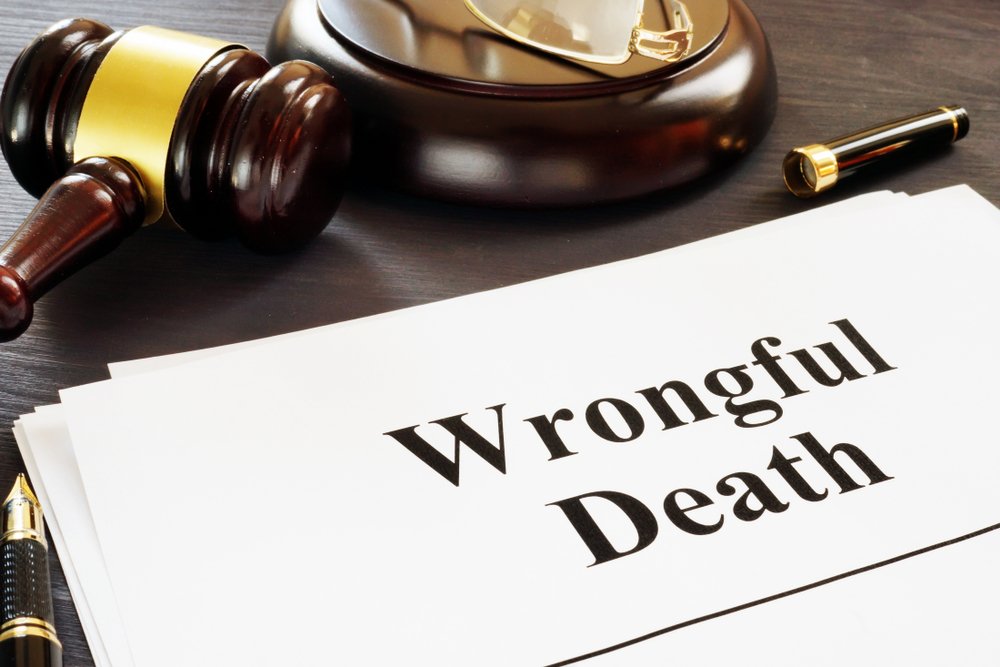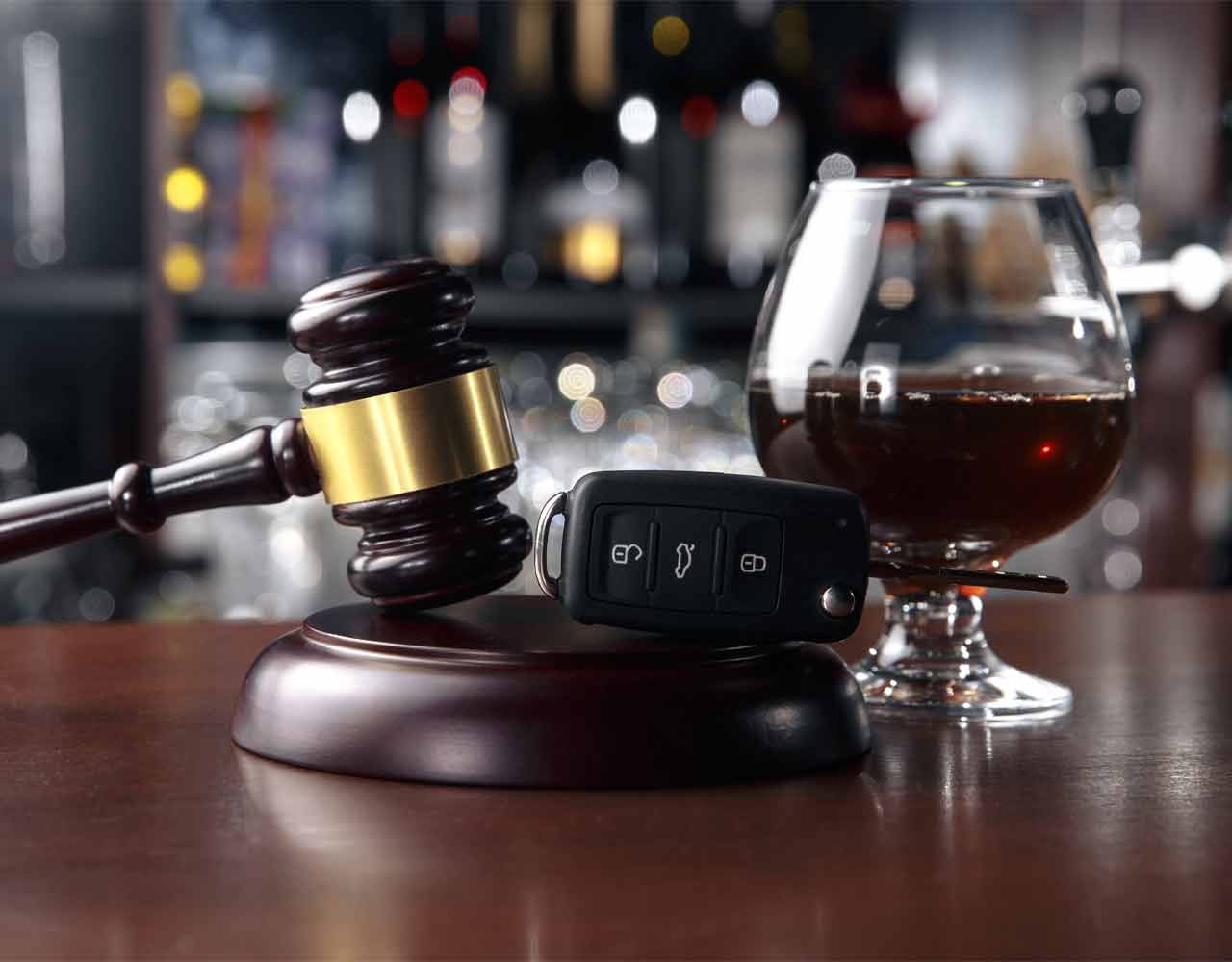Landlord Tenant Law – Know Your Rights and Responsibilities
October 29, 2022Landlord tenant law is a branch of law that focuses on the rights and responsibilities of landlords and tenants. It is a complex subject matter, so it is important to have an attorney who can guide you through it. In this article, we will go over what rights and responsibilities landlords and tenants have, as well as the duties of landlords.
Legal protections for tenants
A new law has added legal protections to tenants who move out of their apartments before the end of their lease. This law requires landlords to attempt to re-rent the apartment before going after the tenant for rent. This process is called mitigation of damages, and it can prevent landlords from pursuing the remaining rent payments from tenants.
For example, landlords cannot change the locks on their tenants’ units to keep them out. This is a violation of the tenant’s right to enter the property. A tenant can file a lawsuit if the landlord does this. They also cannot cut off utilities. If they are cut off illegally, they may file a lawsuit to reclaim those utilities.
If a tenant is locked out or evicted without consent, they can sue the landlord for triple damages. Some courts have even awarded triple damages for lockouts without force. However, if a tenant does not pay the rent on time, the landlord may evict them. The eviction process typically begins with a Notice of Petition. If the tenant does not respond to the notice of petition, they automatically lose the case. However, if the tenant decides to fight the eviction, they should contact a legal advisor.
Duties of landlords
One of the primary duties of landlords is to provide a satisfactory living environment to their tenants. This includes keeping the common areas of the property in a clean and safe condition. It also includes providing heating and air conditioning. These duties can be agreed upon in writing between the landlord and the tenant. A landlord is also required to supply all appliances in the dwelling unit, Deed of assent Georgia unless the tenant provides these items themselves.
In addition, landlords have a duty to account for security deposits and refund them promptly. Many of these obligations apply even if there is no written agreement between the landlord and tenant. It is also important to ensure that tenants adhere to building and housing codes. Finally, tenants must avoid violating any laws or disturbing the peace.

In addition to these duties, landlords are also required to observe local and state laws. These laws apply whether or not the lease is in writing. However, written lease agreements should still be enforceable. These agreements may contain certain restrictions such as the maximum number of adults or children allowed in the premises. In addition, they can include specifics such as the types of pets allowed on the premises.
Security deposit restrictions
If you are considering accepting a security deposit from a prospective tenant, you must be aware of certain laws. The New York General Obligations Law (NYGOL) provides specific rules on how landlords and property managers can collect and use a security deposit. The law is designed to protect both the landlord and tenant. The rules apply to landlords and property managers of rental properties.
Most landlords require security deposits in order to protect their properties. These deposits cover various things, including high-speed internet, cable connections, trash removal, and utility bills under the tenant’s name. It is important to make sure that you have cleared all utilities when leaving a rental property. While this deposit is usually refundable, there are still restrictions on how much the landlord can keep from a security deposit.
The law requires that landlords store security deposits at a bank or other financial institution, and not use them for personal use. It also prohibits landlords from using the funds during the lease. Additionally, tenants can’t access the money until they give back possession.
Rights of tenants
If you are a renter, you should be aware of your rights and responsibilities under landlord tenant law. These laws help protect tenants from discrimination and harassment while renting out their living space. They also include federal and state laws to ensure safe and clean housing. You may need advice on how to protect yourself from landlords who don’t follow the rules and aren’t fair to tenants.
If you are not happy with the way your landlord is treating your apartment, you can end the lease. Depending on your situation, you may have the right to terminate the rental agreement without going to court. The landlord should give you adequate notice and time to fix the problem before you file a complaint.
If the landlord does not honor the terms of your lease agreement, you can file a summary possession action. This type of lawsuit is usually filed when you think that your tenant has improperly withheld or deducted rent. The landlord may also be entitled to damages, including double damages if the tenant acted in bad faith.
















